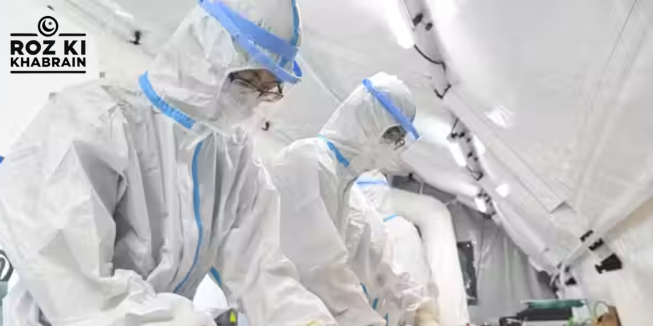AstraZeneca has announced the cancellation of its £450 million ($560 million) vaccine plant project in Liverpool, marking a setback for the UK government’s efforts to revive its economy. The decision came after lengthy talks with the government, with the company citing “timing” concerns and a reduction in public subsidies offered by the Labour administration compared to the previous Conservative government.
A spokesperson for AstraZeneca revealed that the current government, led by Prime Minister Keir Starmer, offered £40 million in subsidies, a significant drop from the £90 million initially proposed by the former government. A government spokesperson explained that the revised investment proposal from AstraZeneca led to a smaller grant offer, emphasizing that all government funding must demonstrate value for taxpayers.
While the new plant will not proceed, AstraZeneca’s existing facility on the site, which produces flu vaccines, will remain operational. This decision comes as a blow to Finance Minister Rachel Reeves’ efforts to reassure businesses concerned about tax increases and as part of the government’s broader strategy to stimulate economic growth.
The Society of Chemical Industry (SCI) expressed concern over the decision, warning that it sends the wrong message at a time when the government is shaping its new industrial strategy. SCI’s chief executive, Sharon Todd, stressed the need for bold steps to make the UK more competitive for life sciences investments.




